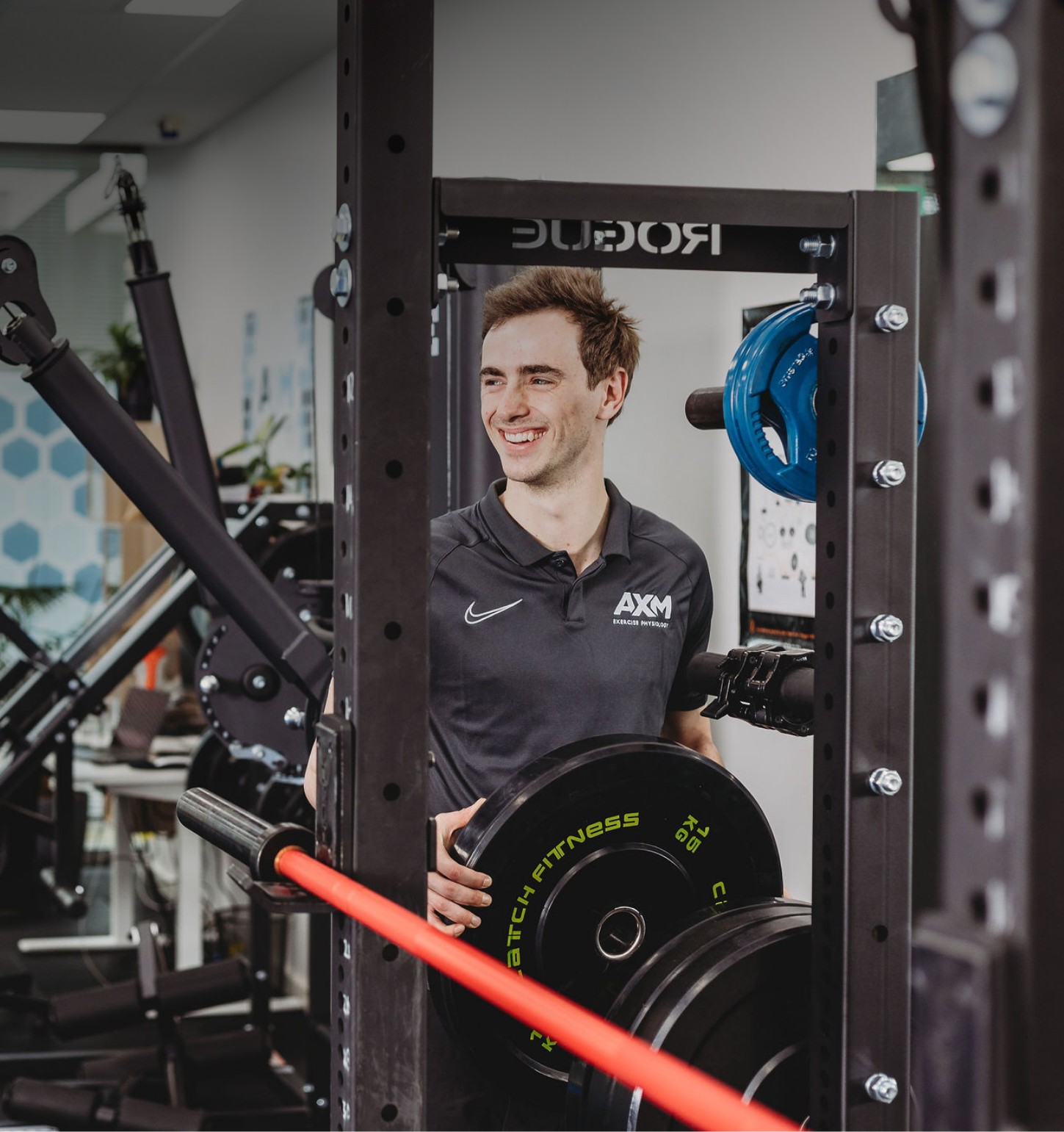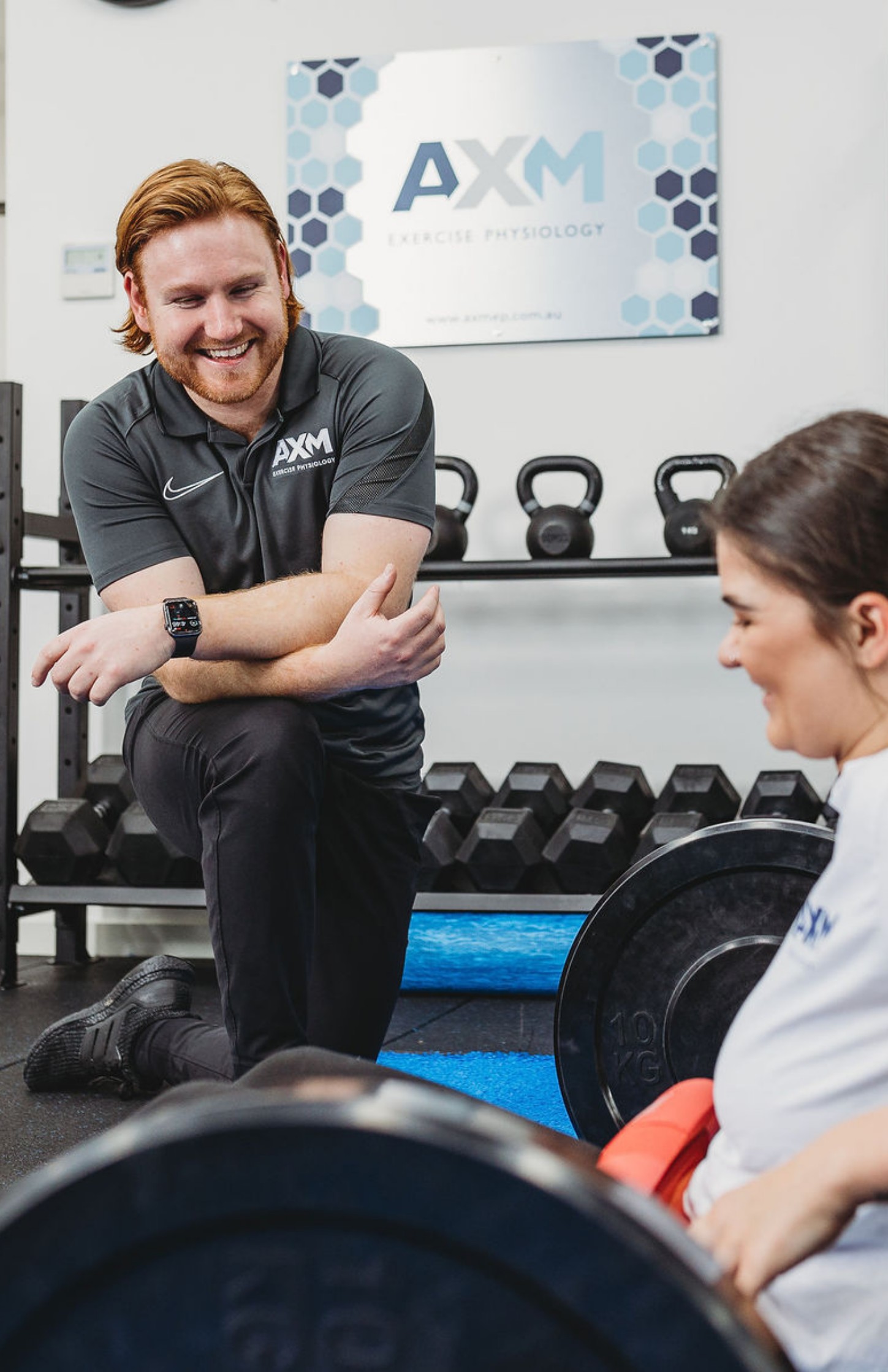EXERCISE PHYSIOLOGY
AND INJURY REHABILITATION
in Canberra
At AXM we believe that exercise physiology is so much more than just an exercise program.
Our exercise physiologists provide person-centred care ensuring you are treated as a whole person rather than an injury or diagnosis. Through finding out what matters to you and setting collaborative goals, we help you create sustainable improvements and get back to the things you love doing.
Our exercise physiologists will personalise your treatment based
on your current capacity by focussing on what you can do, rather than what you cannot. Through engaging in exercises and activities that you can do, you build your capacity and confidence to do the things that are meaningful to you.

Exercise is medicine
Exercise physiology will empower you to best improve and regain your strength, mobility, balance and fitness. These improvements will help you rehabilitate and manage your injury, chronic health condition, recover from surgery and better manage persisting pain to allow you to live the life you choose.
Our exercise physiologists understand that injury and illness is more than just a physical experience. We help you utilise exercise as a tool to manage and improve mental health and the psychological impact of injury, illness and disability.
A Space suitable for all
Our boutique studio in the central Canberra suburb of Bruce is suitable for everyone. We have accessible parking and bathrooms and an open plan clinic space to minimise hazards. Working 1:1 with us in our private space creates a safe and comfortable environment to ensure you get the most out of your exercise physiology experience. We have a wide range of equipment to accommodate people of all abilities and exercise backgrounds.
If you are unsure or have any questions give us a call on (02) 6152 9151 or send us an email and one of our exercise physiologists will be happy to chat to you to see if we are the right fit for you.
WHAT IS EXERCISE
PHYSIOLOGY?
Questions we often get asked as accredited exercise physiologists are “what is exercise physiology?”, “what do you do?”, “how are you different from a physiotherapist?”. These are all great questions and are completely understandable, given exercise physiology is a relatively new allied health professional.
Exercise Physiology is the study and science of how exercise and physical activity affects and interacts with the human body. This is naturally a very broad subject and can span from high performance athletes to chronic disease management. Research has shown that exercise when prescribed correctly, can have positive benefits for countless medical conditions and injuries including cardiovascular diseases, neuromuscular diseases, musculoskeletal injuries and persistent pain.
WHAT does an EXERCISE
PHYSIOLOGist do?
Exercise physiologists are experts in exercise, specialising in prescribing exercise tailored to your individual needs and goals. An exercise physiologist can work with you to develop an exercise program, help you better understand how exercise helps your condition or injury and provide you guidance and advice about how to safely access the benefits of exercise. A wide-array of people benefit from seeing an exercise physiologist, this includes people living with persistent pain, those managing/rehabilitating an injury, someone who has been diagnosed with a chronic disease and many more. To answer this question in one line – we use exercise as medicine to help you better manage your health.

WHAT IS THE DIFFERENCE BETWEEN AN EXERCISE PHYSIOLOGIST AND PHYSIOTHERAPIST?
This is probably the most common question we get asked as accredited exercise physiologists. It can often be a challenging question to answer, as there are a lot of similarities between exercise physiology and physiotherapy.
Both are allied health professions that complete at minimum, a four-year undergraduate university degree. Both professions see very similar clients, ranging from acute, sub-acute and chronic medical conditions, injuries and disabilities. The differences between the professions are in the clinical tools used.
Physiotherapists play an important role in the diagnosis of musculoskeletal injuries and the initial management of such injuries. Physiotherapists also utilise manual therapy tools such as massage and dry needling. Exercise physiologists utilise exercise as their primary tool. Exercise physiologists will assess your physical capacity and/or injury, then design a rehabilitation or management program specific to you and your goals.





